New York City explores use of Microsoft Translator, more: news from Day Two of Smart Cities conference
2 min. read
Published on
Read our disclosure page to find out how can you help Windows Report sustain the editorial team. Read more
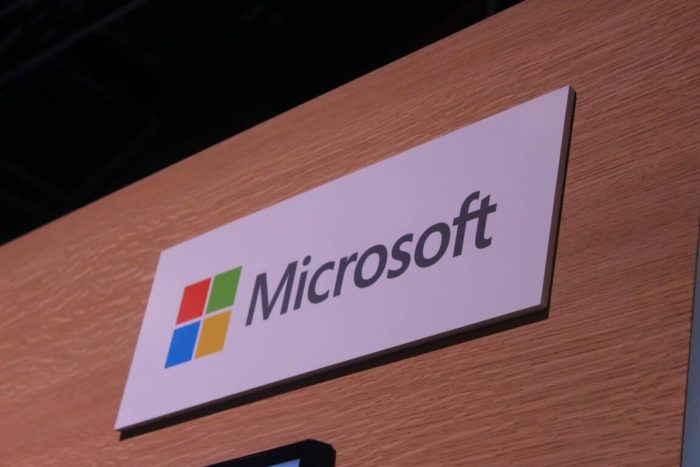
Yesterday at Smart Cities NYC ’17, Microsoft announced Smart Cities for All involvement. At day two of the event today, Microsoft is highlighting how The City of New York is embracing innovative technology and tech-based initiatives powered by Microsoft to make the city smarter, safer, more inclusive and more efficient.
Overall, the City of New York is using Microsoft technology to improve city services, create more personal care, and train tomorrow’s tech professionals and Leaders. As one example, the city is exploring how Microsoft Translator technology and Surface devices can handle many translation needs at little to no cost. In another instance, Microsoft’s 18-week technical training Tech Jobs Academy program helps unemployed and underemployed New Yorkers gain the skills needed for in-demand tech jobs. You can find some highlights below.
- The New York City Department of Education’s Office of Student Support Services (OSSS) “Illumination Program” is architecting some key innovations that leverage the Microsoft cloud, data warehousing and analytics, and artificial intelligence.
- The New York City Department of Education’s Office of Pupil Transportation, which transports more than 600,000 students each day—the largest school transportation department in the U.S.—recently rolled out a pilot Global Positioning System (GPS) bus monitoring system on 500 school buses to increase efficiency, enhance safety for students, and better address parent and family inquiries and requests. The system is built on Azure and uses Power BI to capture and illustrate real-time information on locations, traffic conditions, students, drivers
- Microsoft partner DataKind is working with Microsoft to analyze traffic collision data in New York, Seattle and other Vision Zero Cities, all with the goal to reduce traffic-related deaths and serious injuries to zero.
- Hackensack University Medical Center was among the first to use Skype for Business to connect parents with babies in the neonatal intensive care unit (NICU), providing a simple, secure and cost-effective way for families to bond when they cannot be together physically.
- New York’s Microsoft Reactor is dedicated to fostering an ongoing engagement and dialogue between Microsoft and the local developer and startup community.
You can learn more, and check out videos describing these initiatives by visiting this website.


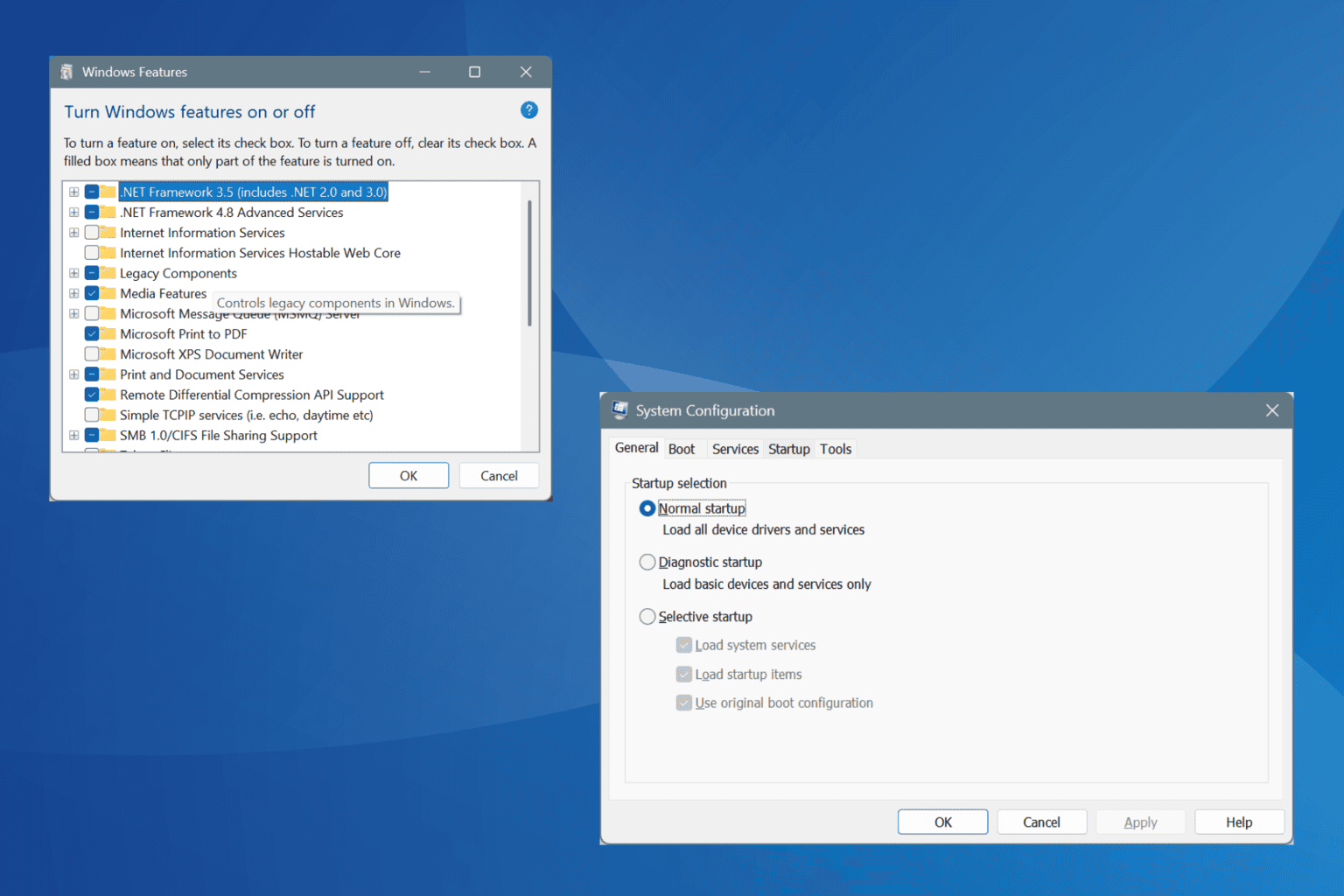
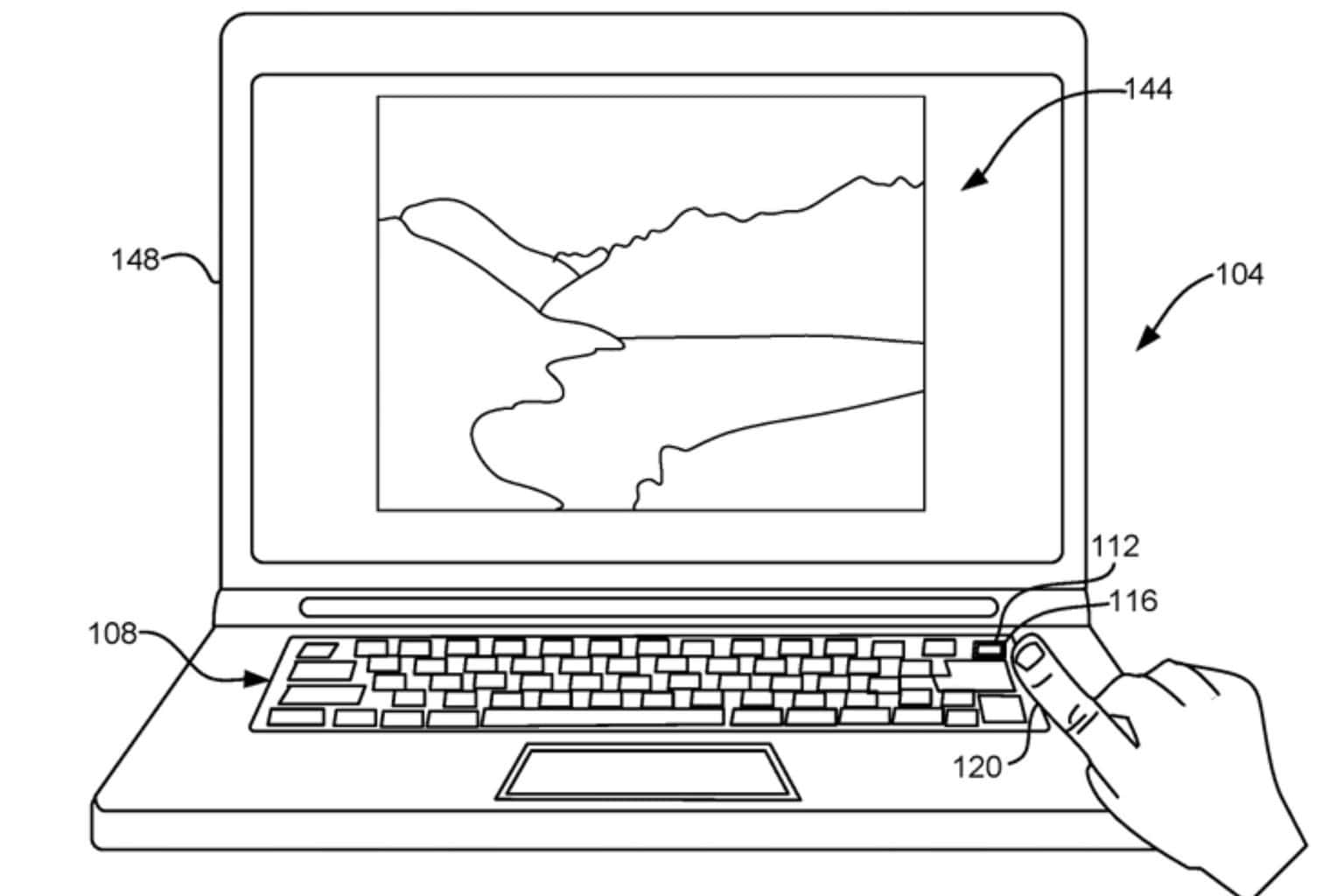
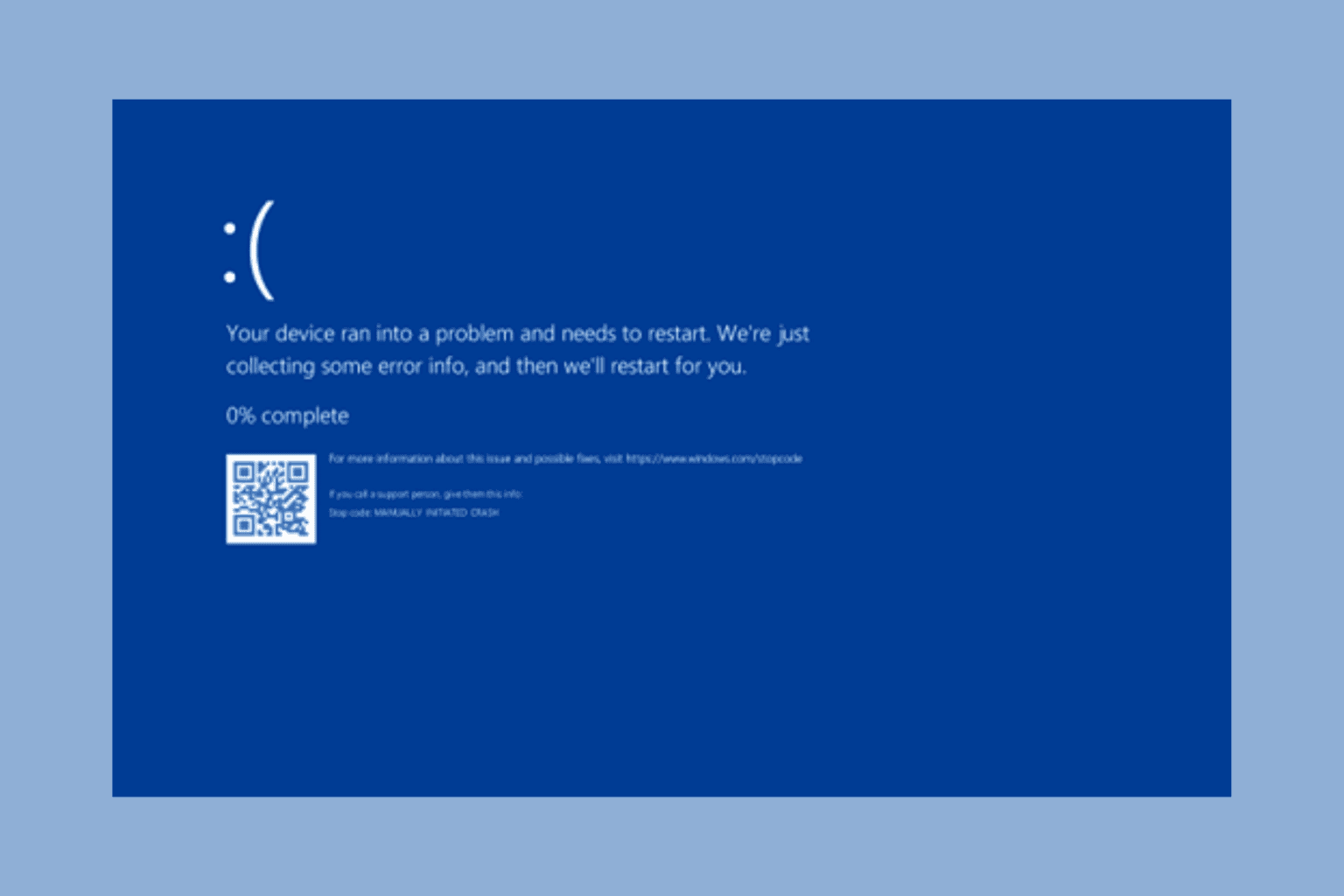
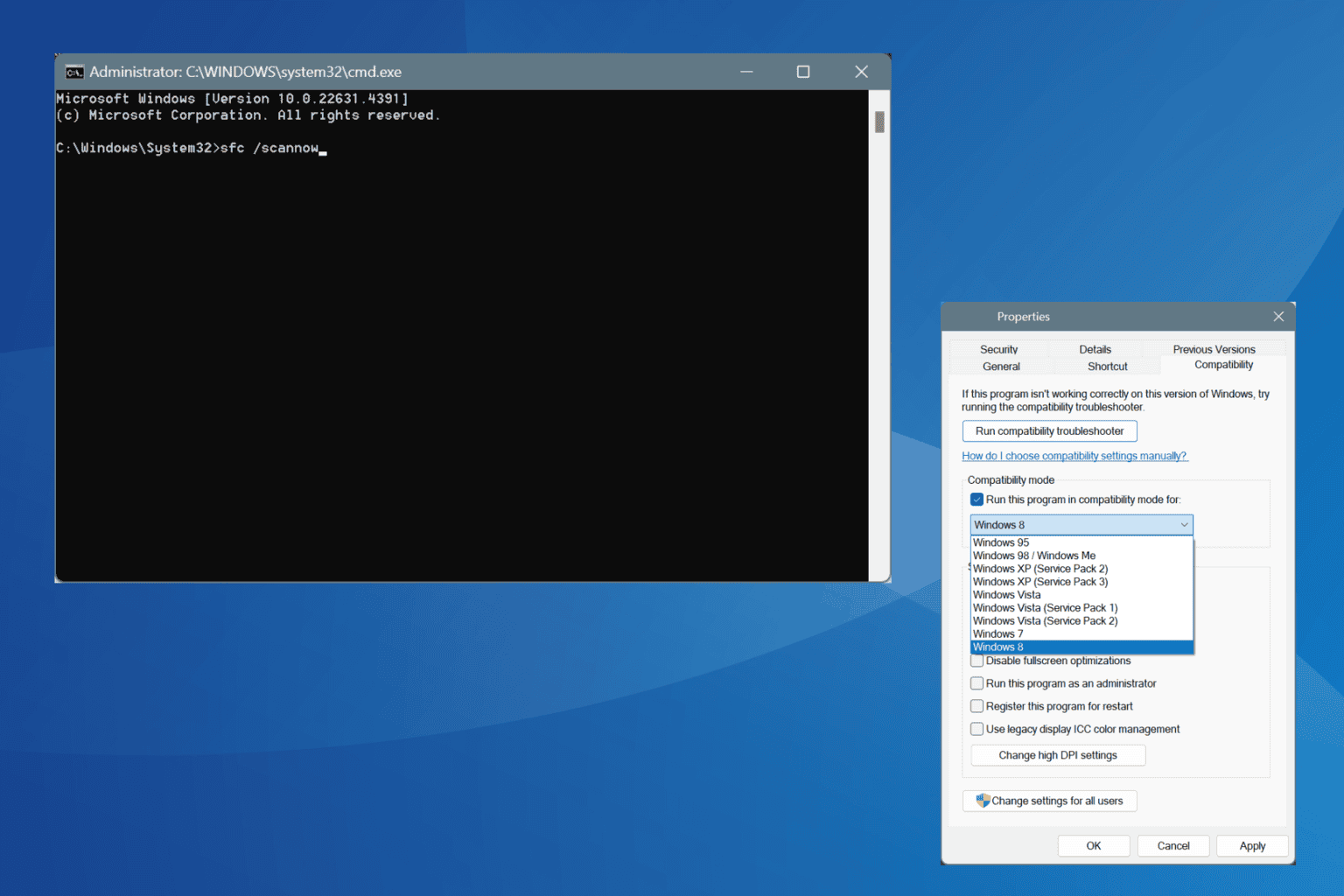

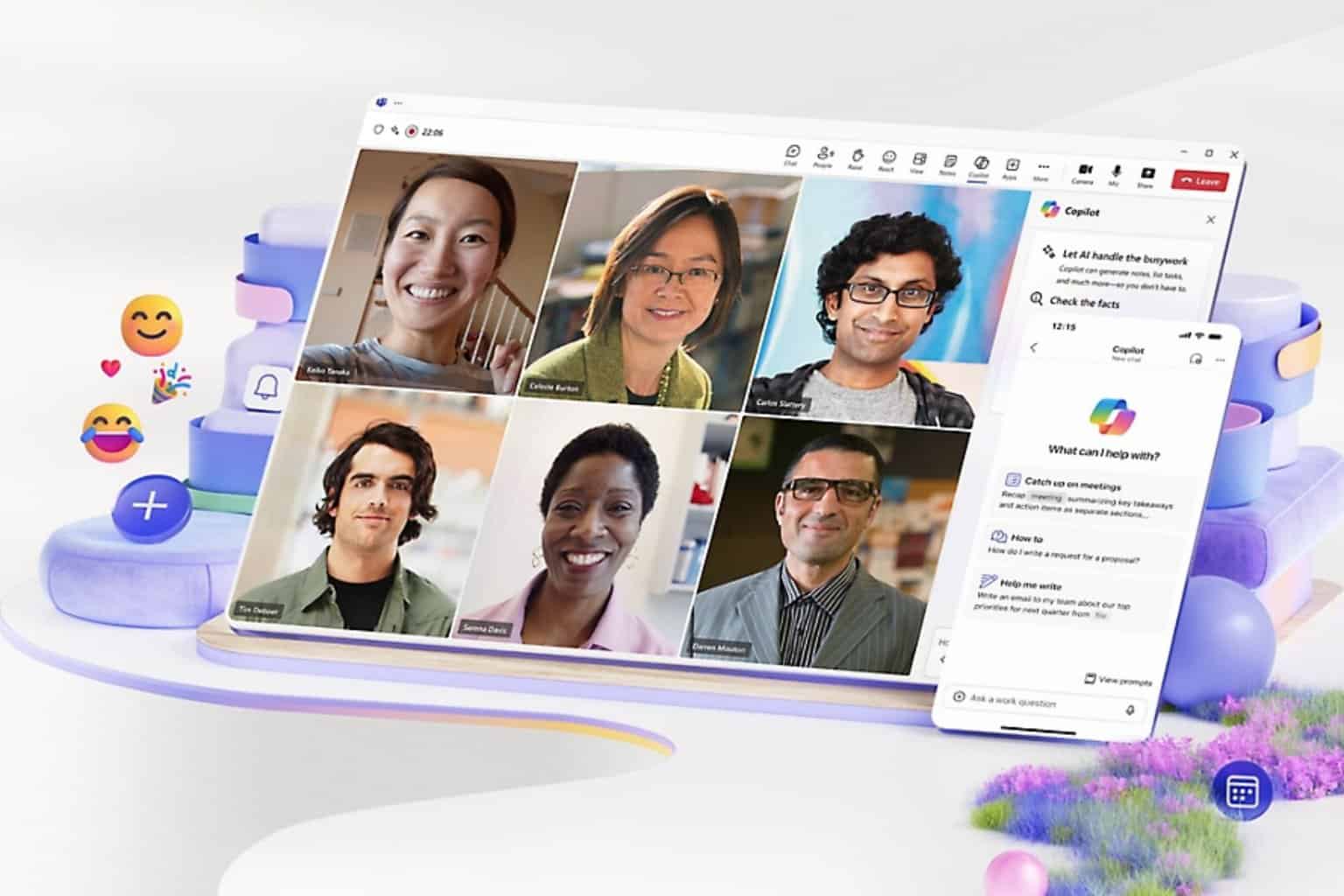
User forum
0 messages